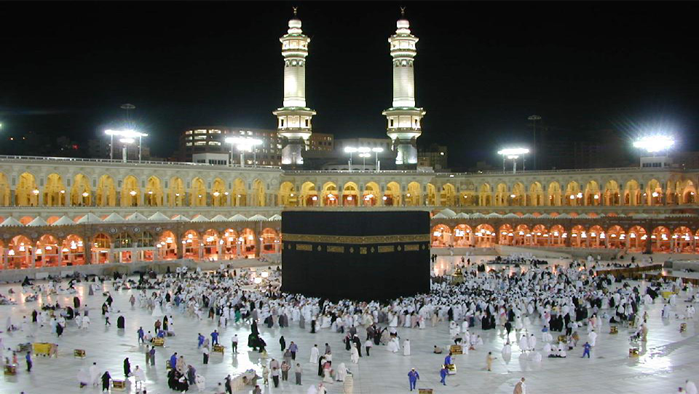

Explore the key rituals and practices in Islam, including Salah, Sawm, Zakat, Hajj, and more. Discover how these acts of worship deepen the spiritual connection and devotion of Muslims, rooted in the teachings of the Qur'an and the Sunnah of Prophet Muhammad (pbuh).
Islamic rituals and practices are essential components of the Muslim faith, serving as a means to deepen one's spiritual connection with Allah and express devotion. Rooted in the teachings of the Qur'an and the Sunnah of the Prophet Muhammad (peace be upon him), these rituals encompass a wide range of acts of worship that Muslims engage in on a daily, weekly, and yearly basis. In this article, we will explore the key rituals and practices in Islam, including Salah (prayer), Sawm (fasting), Zakat (charity), Hajj (pilgrimage), and more.
Salah, the ritual prayer, is one of the most fundamental and regular acts of worship in Islam. Muslims are obligated to perform five daily prayers, known as Fajr, Dhuhr, Asr, Maghrib, and Isha. Through the physical movements, recitation of Qur'anic verses, and supplications, Muslims establish a direct connection with Allah, seeking guidance, forgiveness, and blessings.
Sawm refers to the obligatory fasting during the holy month of Ramadan, from dawn until sunset. Muslims abstain from food, drink, and intimate relations during this period. Fasting serves as a means of self-discipline, empathy for the less fortunate, and spiritual purification. It fosters self-reflection, gratitude, and a deeper appreciation for the blessings of Allah.
Zakat is the mandatory giving of a portion of one's wealth to those in need. Muslims are obliged to donate a specific percentage of their annual savings to support the less fortunate, alleviate poverty, and promote social welfare. Zakat purifies one's wealth and helps maintain a just and compassionate society.
Hajj is the annual pilgrimage to the holy city of Mecca, which every financially and physically able Muslim is required to undertake at least once in their lifetime. During Hajj, pilgrims perform a series of rituals, following in the footsteps of Prophet Abraham and seeking forgiveness, spiritual cleansing, and unity with the Muslim Ummah (community).
Dhikr refers to the remembrance of Allah through the repetition of specific phrases, verses, and prayers. Muslims engage in various forms of dhikr, such as reciting the names of Allah, seeking forgiveness, praising His attributes, and reflecting upon His mercy and guidance. Dhikr serves as a means to attain spiritual tranquility and strengthen the bond with the Creator.
Muslims strive to follow the Sunnah (the teachings and practices) of the Prophet Muhammad (pbuh). This includes adopting his mannerisms, etiquette, and habits in daily life. Examples of Sunnah practices include performing voluntary prayers (Sunnah prayers), giving Sadaqah (voluntary charity), observing fasting on Mondays and Thursdays, and reciting specific supplications.
Islamic rituals and practices play a vital role in the lives of Muslims, allowing them to express their devotion, seek closeness to Allah, and lead a righteous and fulfilling life. From the obligatory prayers and fasting to acts of charity, pilgrimage, and remembrance of Allah, these rituals provide a comprehensive framework for spiritual growth, moral development, and community cohesion. By engaging in these rituals and incorporating Sunnah practices, Muslims strive to strengthen their faith, cultivate inner peace, and live in accordance with the teachings of Islam.
Copyright © Allah's Word. All Rights Reserved. Sitemap